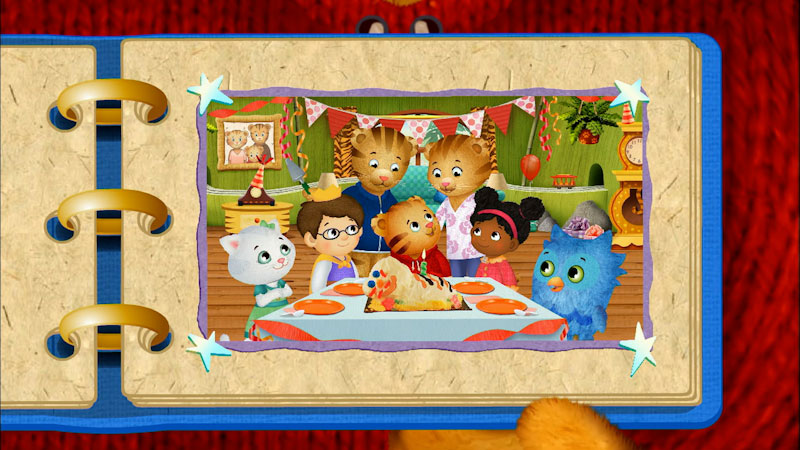Child Development
Within Counseling and Self-Help
ASL

Daniel Tiger's Neighborhood
Season 1 / Ep 1
26 minutes 25 seconds
Grade Level: Ps - 3
ASL

Mister Rogers' Neighborhood
Season / Ep 1507
28 minutes 59 seconds
Grade Level: Ps - 4














































